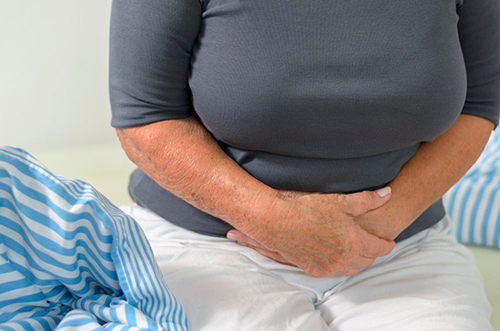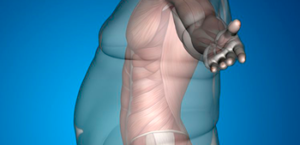
Bariatric surgery can help our Tijuana, MX and San Diego, CA patients to lose excess weight and improve their overall quality of life. As with any surgical procedure, complications can occur following gastric bypass and other weight loss treatments.
Today, our team at LIMARP will discuss dumping syndrome after gastric bypass, a condition in which food moves from the stomach to the small intestines too quickly.
About Dumping Syndrome
Dumping syndrome most commonly occurs in patients who have undergone bariatric or esophageal surgery. In most cases, individuals develop issues within 10 to 30 minutes after eating. This can include cramping, diarrhea, and a host of other symptoms.
Symptoms of Dumping Syndrome
Dumping syndrome can occur after consuming any type of food. However, it most commonly happens after eating foods high in fructose or sucrose. Common symptoms may include:
- Nausea
- Vomiting
- Abdominal cramping
- Feeling too full after eating
- Flushing
- Diarrhea
- Dizziness
- Rapid heart rate
Dumping syndrome can even occur in individuals who have not undergone surgery. If you are experiencing any of the above signs or symptoms, it is important to contact your doctor right away.
What Causes Dumping Syndrome?
When you undergo gastric bypass, significant changes occur in the stomach. As a result, gastric juices and food in your stomach may move into the small bowels in an accelerated and uncontrolled manner.
Diagnosing Dumping Syndrome
If your doctor suspects dumping syndrome, he or she will use any number of methods to diagnose the issue. These approaches may include:
- Blood sugar test: Oftentimes, low blood sugar is associated with dumping syndrome. Therefore, your doctor may recommend a test to measure your oral glucose tolerance. This will measure your blood sugar level at the height of your symptoms.
- Gastric emptying test: During this assessment, a radioactive material is added to food so your doctor can determine how quickly food moves through the stomach.
Treatments for Dumping Syndrome after Gastric Bypass
If your symptoms are prevalent during the early months following treatment, chances are the condition will correct on its own over time. In the meantime, your symptoms can be mitigated with dietary changes.
If this does not solve the problem, your doctor may recommend medications or a follow-up surgery.
- Medications: Severe symptoms of dumping syndrome can often be alleviated with a prescription drug called octreotide. This is an anti-diarrheal medication that is administered via injection. In some cases, it can effectively reduce the rate at which food is emptied into the small intestine.
- Surgery: If your symptoms do not improve with dietary changes or medications, then your doctor may consider surgery. In most cases, this involves reconstructing part of the anatomy to improve your condition.
How to Minimize the Symptoms of Dumping Syndrome at Home
If you notice any of the symptoms discussed here, there are a few things you can do at home to alleviate your discomfort and maintain a healthy lifestyle. For example:
- Eat smaller meals.
- Avoid drinking beverages with your meals. Instead, drink them between meals.
- Incorporate more lean protein into your diet.
- Increase your fiber intake.
- Consider decreasing your alcohol consumption.
Contact Us to Learn More
If you have recently undergone gastric bypass and are experiencing symptoms of dumping syndrome, schedule a consultation at our practice. Call us at (866) 313-5750 or contact us online anytime.


